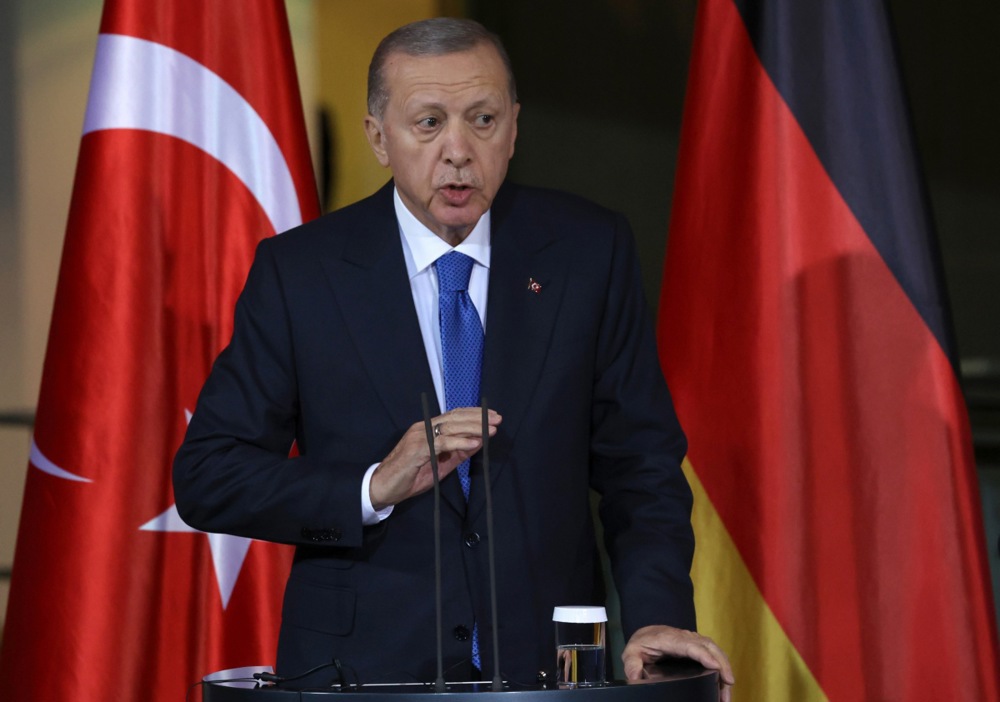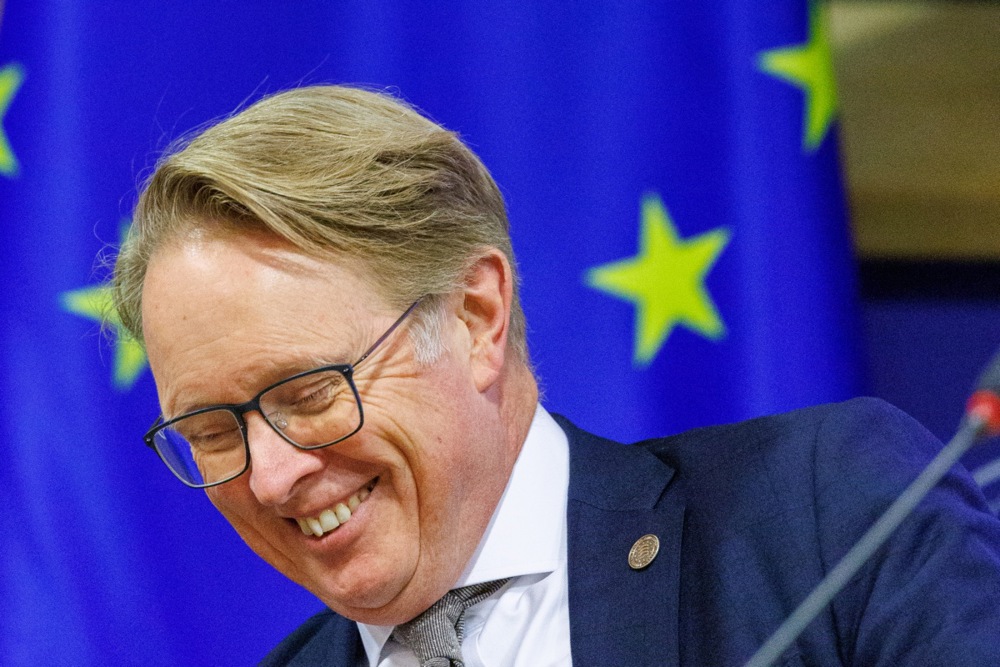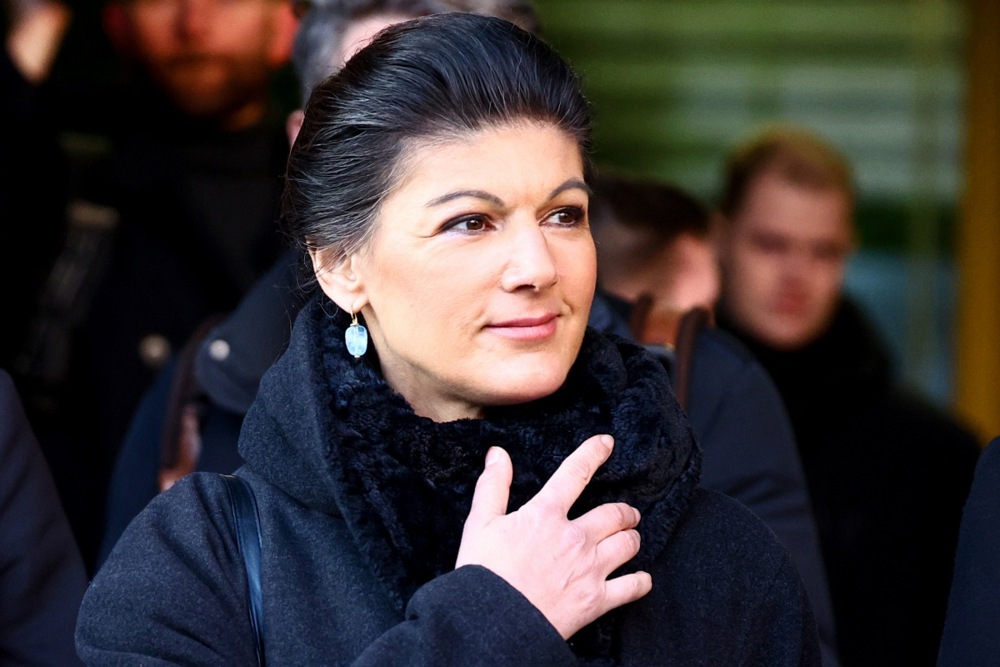Talk of political fragmentation in the Netherlands has been near-constant amid the run-up to the European Parliament elections in June, though Dutch MP Geert Wilders, the founder and leader of Party for Freedom (PVV) seems to have pout this trend into reverse.
His party looks to be on the brink of becoming the first with widespread public support in decades.
Historically, Dutch politics has been dominated by the three big political families: the Christian Democrats, the Socialists and the Liberals, each with their own political representations among the many social institutions. Other parties existed but were largely irrelevant in terms of their overall impact.
Because the Netherlands has a stringent proportional representation system, where the number of votes directly determines the number of parties in Parliament, the Dutch can choose from many political representatives, with a wide range of those having a credible chance of acquiring seats in government.
In 1946, 10 parties took part in the national elections. That had risen to 37 in 2021 – 17 of which secured at least one parliamentary seat.
Roelof Bouwman, a Dutch historian and journalist, noted that since 1956, candidates have only needed to secure 70,000 votes, or 0.66 per cent of those available, to win a seat.
With society evolving, such a system seemed to mean that further fragmentation of the Dutch political world was inevitable.
Huge election victories for the traditional parties became evermore rare, their percentage seat share declined over time.
In the past few years, the breakthroughs of the Farmer-Citizen Movement, the Euro-federalist Volt party, the Party for the Animals, the migrant-focused party Denk and the right-wing Forum for Democracy of Thierry Baudet, only appeared to reinforce the image of ongoing fragmentation.
Yet against that, the recent landslide victory of Wilders’ hard-right PVV party showed nothing is inevitable. On November 22, 2023, it outperformed all predictions and more than doubled in size, growing from 17 seats to 37 to become the largest party in the Netherlands by a significant margin.
Geert Wilders and his right-wing Freedom Party (PVV) have won the November 22 election in spectacular fashion. https://t.co/W4xczRhgte
— Brussels Signal (@brusselssignal) November 23, 2023
The PVV is the biggest single party in decades, with evidence suggesting it will increase its parliamentary representation with time. Dutch polls have this year consistently shown the electorate taking sides with Wilders and against others, including the Pieter Omtzigt-led New Social Contract.
At the time of writing, Wilders’ group was polling at around 50 seats. If the PVV were to actually achieve such a score in an election, Bouwman said the victory would represent a breaching of “a magical border not crossed in 35 years”.
Such an event would effectively mean that the PVV had become the first “real” people’s party the Netherlands has had in decades.
While the next Dutch election may still be a long way off, depending on how government formation negotiations go, the country may still see a substantial political shift during its European Parliament election.
Currently, the PVV has no representatives in the EP. This is largely thanks to Thierry Baudet and his Forum for Democracy (FvD) party. The group managed to steal away three seats in 2019 that Wilders’ group would have otherwise been well-placed to take.
Various controversies have since seen support for the FvD fall off in recent years, benefitting PVV.
While a PVV victory appears likely, there remains room for a political upset. A wildcard factor for the upcoming vote is that EU election turnout in the Netherlands is usually lower than for other elections. The voting system is also less proportional, meaning that a party’s overall popularity may not map perfectly to the outcome of the election.
This may lead to unexpected results.
What does seem certain is that there will be a dramatic change in the overall make-up of the Dutch delegation to Europe. Until today, the Socialists were the biggest group, under none other than Frans Timmermans, who succeeded in steering Europe’s “green” agenda before stepping down as Vice President of the European Commission last summer.
Dutch MP Geert Wilders has indicated coalition talks regarding the formation of a new government “are having a problem” after the Netherlands’ caretaker authority agreed to implement legislation to forcibly relocate asylum seekers across the country. https://t.co/DqUpJ5VP7L
— Brussels Signal (@brusselssignal) January 17, 2024





